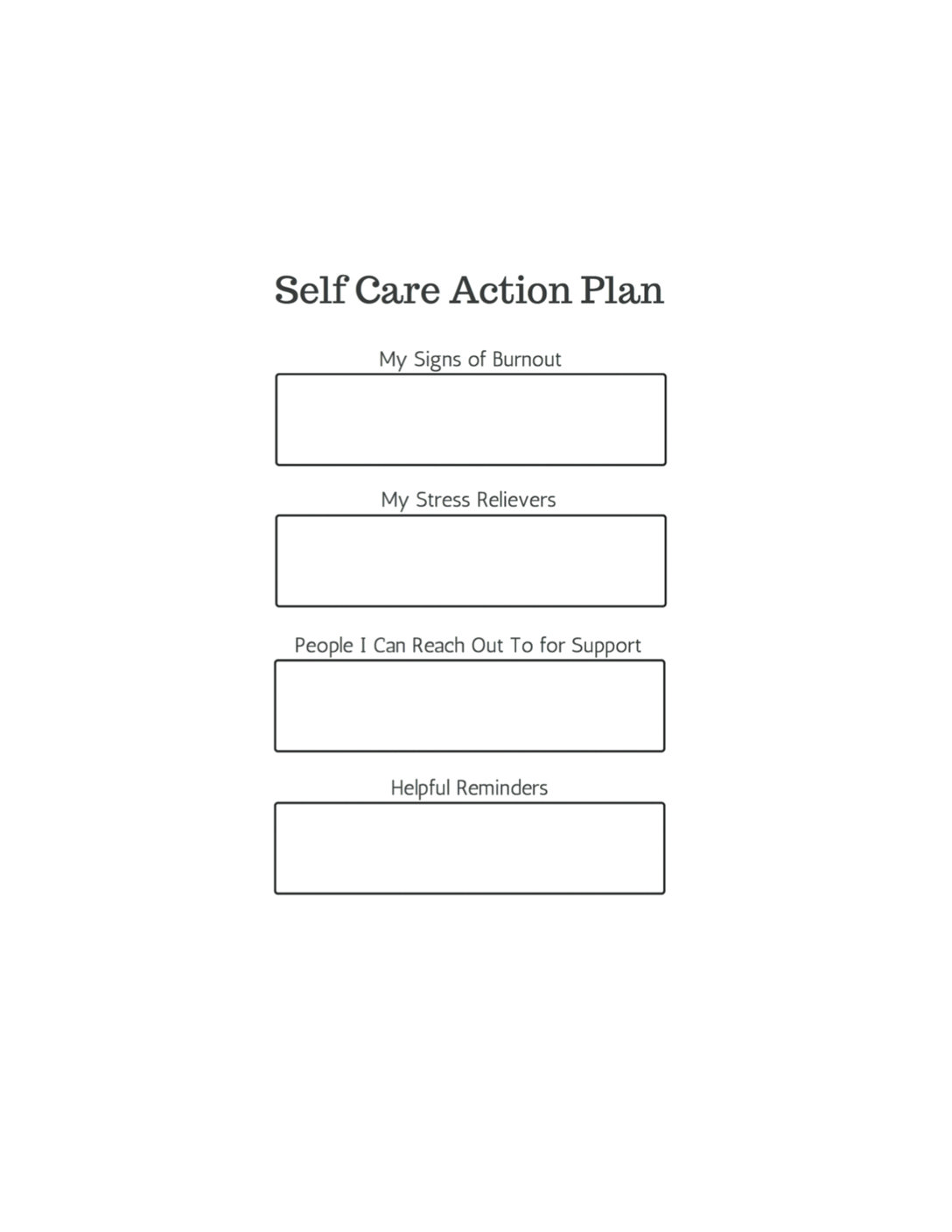As summer turns to fall and Laurentians are gearing up for another semester, most of us are trying to get back into the groove of things. Our routines are changing, more is required out of us and getting settled in a new space can bring added struggles and stressors. As we adapt to the school environment once more, it is important to check-in with your body at this time and recognize early signs of exhaustion and burnout. This is the time to be patient and understanding with your body as it adjusts to a new setting and new expectations. If you sense any fatigue or poor mood in your body, it is probably telling you that you need to do some self care.
What is Self Care?
“Self care is the practice of individuals looking after their own health using the knowledge and information available to them. It is a decision-making process that empowers individuals to look after their own health efficiently and conveniently” according to the Global Self Care Federation. In short, self care is nourishing your body in a way that promotes health management and does not require the support of a healthcare provider. The key word here is that these choices are mindful and helpful to your body, not harmful. It is not self care to down energy drinks all day as a way to ‘get through classes.’ Self care is listening to your body and what it needs to adequately and sustainably function.
Who is it for?
Self care doesn’t discriminate and does not pertain to specific identities like race, gender, ability, socioeconomic status, age, nationality, etc. In fact, anyone can partake in self care and it is recommended to all. For someone to practice self care, all they need is a desire to incorporate more positive self acts in their life to promote good health. If you find yourself frequently engaging in negative self-talk, struggling with body image, being unusually irritable, jealous, or forgetful, lacking motivation and more, that might be your sign to practice some self care!
Why do Self Care?
It is important to make time for yourself and get rest. You will feel better and be able to do more! Self care can be empowering for all as it gives agency to the individual to take their physical, emotional and mental health in their own hands. Putting time into your health and wellbeing is never a waste of energy and the act itself should not be particularly time consuming nor a one-time experience. It is not indulgent or selfish but rather personal maintenance that builds resilience and prevents burnout. This behavior should not replace a healthcare provider or prescribed medication, however, self care can be an added tool you can use to help maintain health, regulate emotions, cope and heal with different challenges. Regular self care can contribute to better health and general wellbeing.
What does it look like?
Many people engage in self care everyday including sleep, exercise, hygiene, diet, etc. Self care looks different for everyone. Self care can be as simple as asking for help, saying ‘no’, or forgiving yourself. Self care can also look like taking a step back, spending time alone, putting yourself first or setting healthy boundaries. It is up to you how you choose to best support yourself!
According to the Olga Pheonix Project, ‘Healing for Social Change,’ there are 6 main areas of focus for self care that one can partake in: The first is physical self care which are activities you can do for your physical health. This can include exercising, eating healthy, taking a walk, getting the proper amount of sleep and more. The second is emotional self care and relates to activities you can do to regulate and manage emotions that help you connect and process. These activities can include therapy, journaling, positive self-talk, making art and more. The third type of self care is practical self care and this is care that helps your future self from being in stressful situations. This can look like keeping your space clean, not procrastinating, writing down important due dates, etc. but it can also look like getting to know yourself and finding your purpose. The fourth type is mental self care and this relates to things that you enjoy doing that stimulate your mind. For example, gardening, reading and traveling can all be for mental self care. This portion of care shouldn’t feel like a chore, instead it should feel like some time to let loose and relax from everyday stressors. The fifth type is spiritual self-care and this can include self-reflection, praying, nature, yoga, self-forgiveness and more. Last but not least, social self care refers to a person’s ability to nurture and deepen their relationships. This could look like spending quality time with friends, calling your family frequently, meeting new people and more!
It is important to make a self care plan and try and engage with as many areas of care as possible! Whatever your self care plan looks like, it is important to engage in this behavior regularly to start reaping the benefits. Now, it can be easy to fall back into old habits but it’s just as easy to start forming new habits! You should aim for daily self care routines and check-in with your body and mind frequently to ensure that you are properly supporting yourself.
Remember, self-care isn’t your only option if you are struggling but it is an option to start to take care of your body, build resilience, regulate your emotions and engage more with positive self-talk on your own time! If certain struggles continue to be ongoing, it’s important that you seek out and work in collaboration with health and social care professionals. Below is a list of community and university resources if needed:



